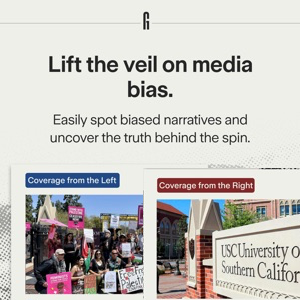GENEVA, SWITZERLAND – In a development as shocking as a participation trophy at the G20 summit, scientists at the Institute for the Study of Obsolete Things (ISOT) have confirmed a long-held suspicion: diplomatic relations are officially obsolete. After years of tracking the decline of handshakes, summits that accomplish nothing, and cryptic ambassadorial pronouncements, Dr. Philomena Wonka, head of ISOT’s Department of Outdated International Practices, declared, “The evidence is overwhelming. Diplomacy has been relegated to the dusty attic of history, right next to rotary phones and fax machines.”
Dr. Wonka’s team relied on their groundbreaking “Diplometer 3000,” a sophisticated algorithm that analyzes social media exchanges, diplomatic cables intercepted by bored pigeons, and the frequency with which world leaders accidentally call each other by their spouse’s name. The results were unequivocal: diplomacy is as effective as trying to negotiate a cease-fire with a toddler throwing a tantrum over juice.
“Gone are the days of endless meetings filled with enough jargon to make a thesaurus cry,” said Dr. Wonka, adjusting her thick-rimmed glasses with a dramatic flourish. “Today’s leaders communicate in a far more efficient and, frankly, entertaining way: Twitter feuds.”
Indeed, the art of diplomacy has been replaced by a new skillset: the art of the viral tweet. Leaders now engage in heated exchanges on social media, hurling insults with as much subtlety as a toddler flinging food at the dinner table. A recent back-and-forth between the Prime Minister of Grumpania and the President of Cheeseland over the proper way to eat a croissant garnered over 10 million retweets and a particularly scathing response meme from the Queen of Sconeia.
But diplomacy isn’t just about fiery tweets. The true currency of international relations has become the meme. A well-placed GIF featuring a disgruntled cat can carry more diplomatic weight than a 100-page treaty. A strategically deployed “thinking emoji” can express concern about a human rights violation more effectively than a strongly worded letter.
The future of diplomacy is bright, in a neon, flashing, internet kind of way. ISOT predicts a rise of “digital ambassadors,” influencers fluent in meme-speak and masters of TikTok challenges, who will negotiate trade deals using perfectly choreographed dance routines. World summits will be replaced by live-streamed gaming competitions, with the winning leader’s nation receiving bragging rights and a lifetime supply of Doritos.
However, Dr. Wonka warns of a potential downside to this new era: the risk of accidental war declarations via autocorrected tweets or a diplomatic crisis escalating due to a misinterpreted eggplant emoji.
So, what can you, the concerned citizen of this brave new world, do? Embrace the digital age! Hone your meme-making skills. Learn the subtle art of emoji diplomacy. Who knows, maybe your perfectly timed “thumbs-up” reaction to a world leader’s selfie could be the key to world peace. Or, at the very least, it might get you a retweet.
Just remember, in this new world order, a carefully curated Instagram account can be your most valuable diplomatic tool. Unless, of course, you accidentally post a vacation photo that reveals your nation’s secret missile silo. Then, all bets are off.


